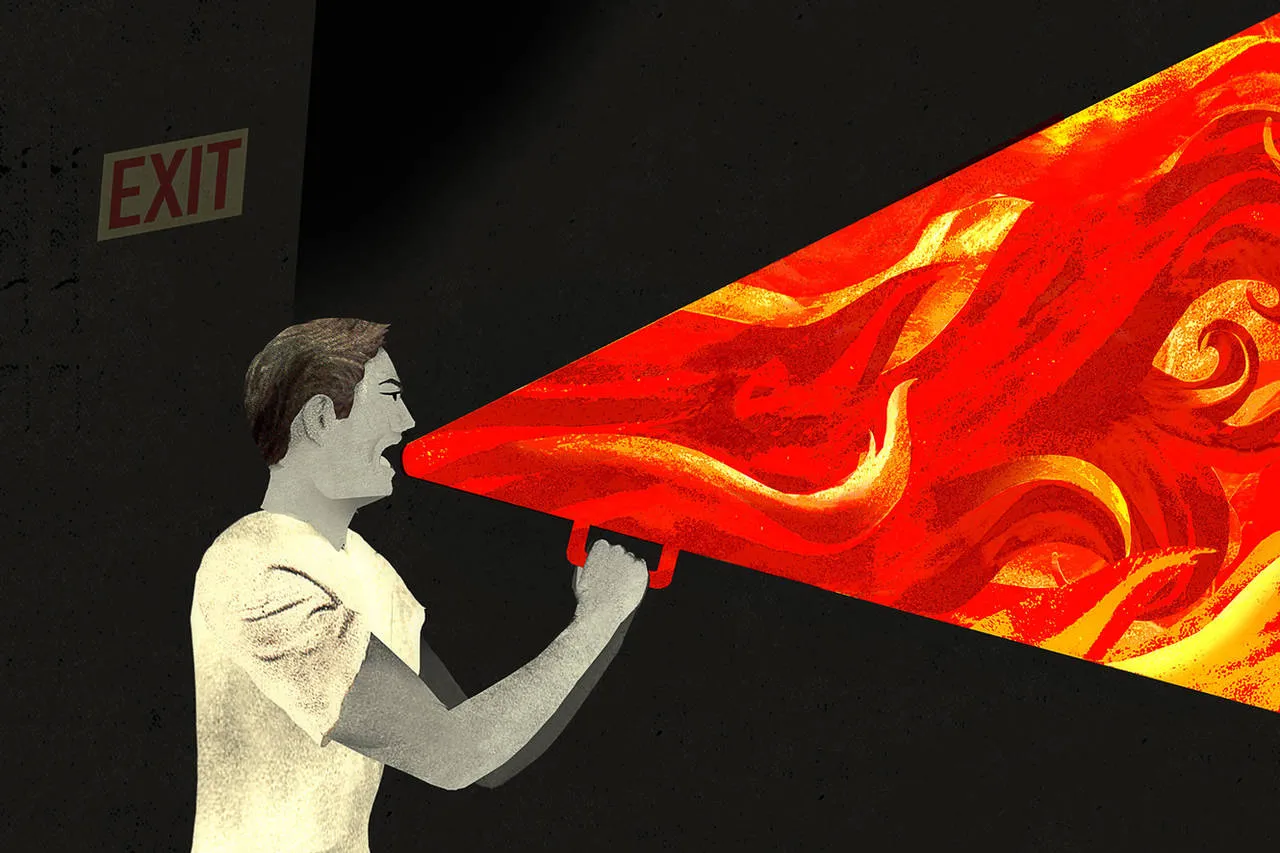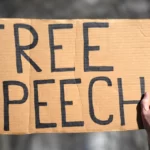In debates surrounding free speech, the analogy is often used that yelling “fire” in a crowded theater is not protected speech. This is false. The legality of this action depends on the circumstances, however, the it is not inherently illegal to do so. Let me explain why.
The act of shouting fire when there are no reasonable grounds for believing one exists is not in itself a crime, and nor would it be rendered a crime merely by having been carried out inside a theatre, crowded or otherwise.
Where it becomes a crime is not in its potential to cause panic but in the actuality of harm to another person or entity. For example, if the action causes bodily injury to someone as a result of the speech then it becomes a criminal offense. Or, in some states, there are laws that report that if an emergency is falsely reported to 911 then that is a misdemeanor due to the resources being allocated to combat said emergency.
What distinguishes these acts as criminal or not is the presence of ACTUAL harm as opposed to potential harm. This is where many people fail to understand speech, they believe the potential to cause harm is all that is needed in order to limit speech. This is a dangerous slope.
If no actual harm has taken place then harm becomes a matter of conjecture of what COULD have happened. A rationale based on nothing more than a projection i.e. a thought of what a prosecutor THINKS you are capable of. This reasoning denies reality in such a way as to remove free will. People are then not responsible for their actual behavior but for the possible outcome that never actually materializes.
When yelling fire in a crowded theater, people’s reactions could vary in many ways. They could panic, they could calmly assess the situation and determine it was false, they could call 911, they could simply leave the building, or take a myriad of other actions. How is it possible to know precisely the outcome of a dynamic system? It is not. This is in fact the essence of chaos theory. Depending on the inputs to the system, the outcome could change in many ways.
We should limit judgment to actual harm, not potential harm. Yes, there are bad ideas present in the world that have the potential to harm. However, when assessing speech, we should not limit speech due to potentiality, we must only punish speech when it causes harm in actuality.





